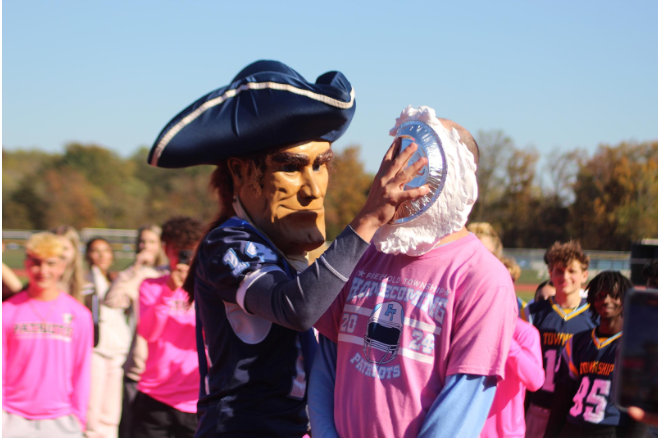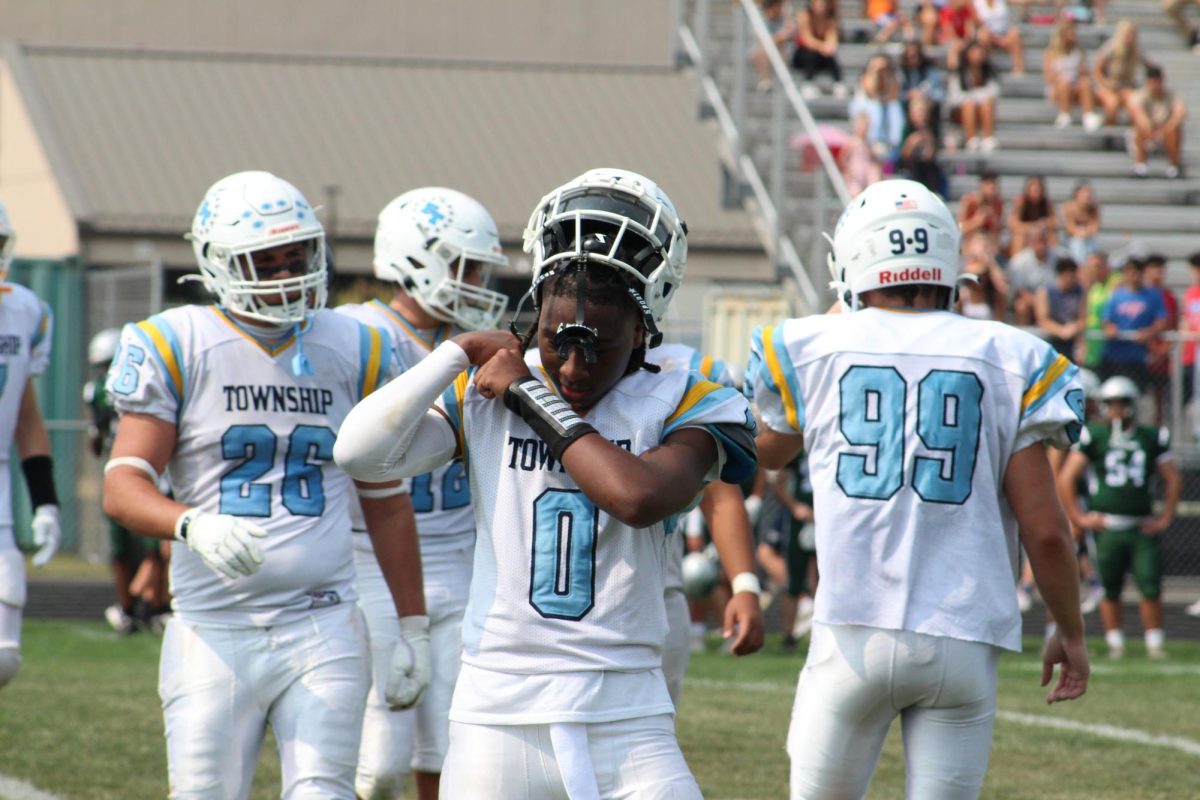Emily’s Weekly Political Scoop: Martin Luther King, Jr., and the Inauguration
January 20, 2021
Do you truly know the history of Martin Luther King, Jr., and his legacy? Are you confused about how the inauguration is supposed to go down on Wednesday, January 20? Let us break these topics down.
According to Encyclopedia Britannica, Martin Luther King, Jr., was a Baptist minister and leader of the American civil rights movement from the 1950s to the 1960s. He advocated for ending racial segregation using nonviolent methods. His national legacy started at a bus boycott in Montgomery, Alabama, in 1955 by African Americans. Additionally, he founded the Southern Christian Leadership Conference in 1957. He also led the March on Washington in 1963 (The Editors of Encyclopedia Britannica).
He played a crucial role in the passage of the Civil Rights Act of 1964, outlawing discrimination in public accommodations, facilities, and employment, as well as the Voting Rights Act of 1965. For his influence and vital role in the fight against racial injustice, he was awarded the Nobel Peace Prize in 1964. Unfortunately, he was assassinated on April 4, 1968, causing his supporters to propose a national holiday in his honor. States and cities in 1970 began to make his birthday, January 15, a holiday. However, despite the introduction of the federal Holiday to Congress in 1968, there was opposition for racial and political reasons. Luckily, the legislation made the third Monday in January a federal holiday in 1983 and has been celebrated with marches, parades, and speeches from present civil rights leaders (The Editors of Encyclopedia Britannica).
Even though basic information is vital, you should also know other important, lesser-known facts about Luther. History.com highlights ten facts that many may not know about the civil rights leader. Contrary to popular belief, his first name was Michael, but his father changed his name to Martin at 5-years-old. King also began college at age 15, skipping grades 9 and 12 and attending Morehouse College in 1944. Continuing with education, he received his doctorate in systematic theology in 1955 in graduate school at Boston University, after receiving his divinity degree from Pennsylvania’s Crozer Theological Seminary (Klien).
Although iconic, his “I Have A Dream Speech” was not his first speech at the Lincoln Memorial. However, he was one of the civil rights leaders who spoke in the Prayer Pilgrimage for Freedom on May 17, 1957. Additionally, he was imprisoned 29 times for acts of civil disobedience and on trumped-up charges. Solemnly moving on to his assassination, he escaped another assassination attempt a decade before he died. On September 20, 1958, a woman stabbed him with a seven-inch letter opener in his chest, causing him to undergo surgery. Although the article showcases more, the last fact to focus on is how he and George Washington are the only Americans who have their birthdays celebrated as a national holiday (Klien).
Although these are unusual times due to COVID-19, National Today offers safe suggestions to celebrate his legacy. They recommend diving deeper into Luther’s full history and narrative instead of looking at it at the surface level. Although simplicity helps ease and sort out any confusion, a more in-depth understanding of his influence on the civil rights movement and his ideologies is majorly beneficial. Taking time to understand how and why supporting the black community and racial justice is important is an easy way to become educated on issues people of color face today. Finally, having a necessary conversation about racial injustice can lead to a more broadened understanding on both sides, and exchanging of experiences, and an influx of ideas on how to better our future society (“Martin Luther King, Jr. Day — January…”).
President-Elect Joe Biden’s inauguration is almost here, and NPR breaks down everything you should know. At around 11:30 AM E.T., the national anthem and invocation will begin the inaugural ceremonies. The Supreme Court Justice Sonia Sotomayor will swear in vice-President Elect Kamala Harris. Then, Biden will be sworn in by the Chief Justice John Roberts on the Capitol’s West Front. He will then deliver his inaugural address and will move to the Capitol’s East Front for the Pass in Review, a tradition for the new president to assess the military troops. After, Biden, Harris, and former Presidents Barack Obama, George W. Bush, and Bill Clinton and their spouses, will travel to the Arlington National Cemetery to lay a wreath on the tomb of an Unknown Soldier. Finally, before virtual activities begin, Biden will receive a military escort from the 15th Street to the White House. Although there is more information on the number of people attending and why Trump will not be attending, this is the Inauguration layout (Sprunt)
Remember that although Martin Luther King, Jr., Day has passed in 2021, you should still be honoring his legacy and finding ways to help fight racial injustice. The inauguration may seem exciting or stressful. However, knowing the basic itinerary of the day may help to clear your mind.
Works Cited
Klein, Christopher. “10 Things You May Not Know About Martin Luther King Jr.” HISTORY, 19 Jan. 2021, www.history.com/news/10-things-you-may-not-know-about-martin-luther-king-jr.
“Martin Luther King, Jr. Day — January…” National Today, 15 Jan. 2021, nationaltoday.com/martin-luther-king-jr-day.
Sprunt, Barbara. “Biden’s Inauguration Is Going To Look Very Different. Here’s What To Know.” NPR WNYC, © 2021 npr, 18 Jan. 2021, www.npr.org/sections/biden-transition-updates/2021/01/18/957802213/bidens-inauguration-is-going-to-look-very-different-heres-what-to-know.
The Editors of Encyclopaedia Britannica. “Martin Luther King, Jr., Day | Establishment, History, & Facts.” Encyclopedia Britannica, 15 Jan. 2021, www.britannica.com/topic/Martin-Luther-King-Jr-Day.














































